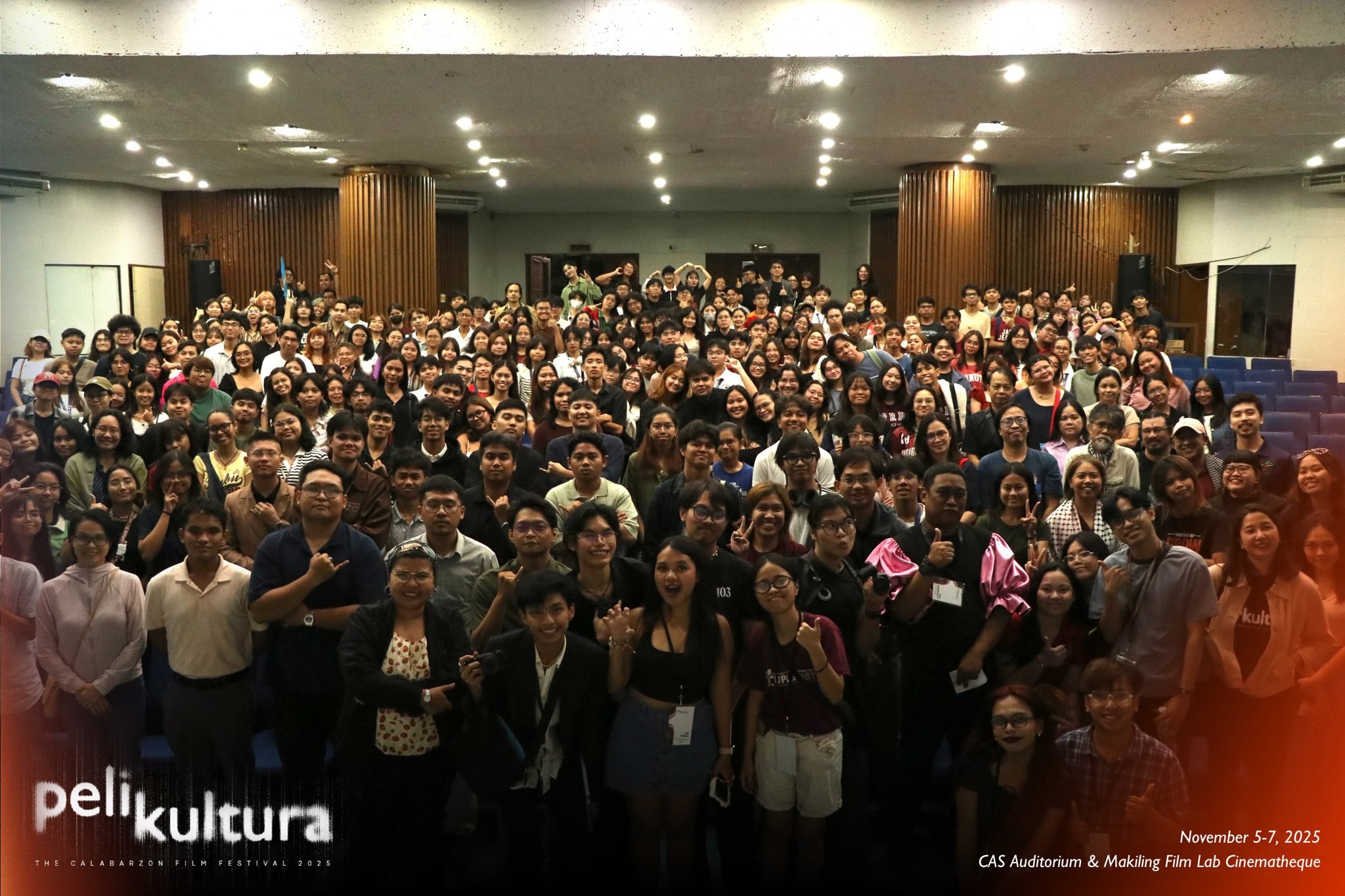'3 Days, 2 Nights in Poblacion' REVIEW: Friendship persistd in a familiar romantic night out
‘3 Days, 2 Nights in Poblacion’ REVIEW: Friendship persists in a familiar romantic night out
Philippine cinema’s recent desire has been to evoke location, whether it’s Bacolod permeating the loneliness of Gitling’s central pair or high schoolers surpassing a memorable school year in the late 2000s Tuguegarao of Cleaners. And as for Metro Manila’s nightlife, one can go all the way back to Lino Brocka’s Manila in the Claws of Light and also see more contemporary examples like Sleepless or When This Is All Over. While 3 Days, 2 Nights in Poblacion will not be standing shoulder-to-shoulder with those aforementioned classics, it still offers a relatively good time for anyone curious about what Poblacion nightlife is like. For any veteran of that experience, it may only offer the pleasure of seeing familiar places on the big screen.
Charlie (Barbie Imperial) and Gabbi (Jasmine Curtis-Smith) are two best friends who have been separated by time and place. With college sending Charlie away from their provincial upbringing, and Gabbi days away from emigrating to Canada, both friends make plans to say goodbye at Poblacion, Makati. The film starts from a dramatic climax that merely gives way to an expository flashback, establishing why they get along and telegraphing that they will eventually fight over Gabbi’s crush on Javi (JM de Guzman). When they meet again after a long time, it seems like they haven’t missed a beat even though we aren’t told how they kept their friendship alive in the age of social media, or even if their differences will become ripe for argument. Naturally, the night’s drinks leave Gabbi missing her flight, so Charlie offers a “despedida redux” for the remainder of her time in the country. Somehow, this is a point that they won’t be fighting over later, one of the film’s many unusual plot gaps. There are no glaring plot holes here, but there are many gaps that the film asks the audience to fill in for themselves that make Charlie and Gabbi’s friendship challenging to root for.
It takes a while for the film to start its titular three days and two nights, and it seems like it’s itching to get to it because early scenes feel skimmed over and lack in history. Why do they choose Poblacion as the place to mark a big, possibly final chapter in their friendship? The film never defines it, but at least it picks up steam when the night really begins as they get to their first bar. As the conflicting feelings between Charlie and Javi become clear— though evident like Poblacion’s many neon signs—the film introduces two people that offer an interesting detour. Mercedes Cabral’s brief presence shows the subtle humor of her connection to the story, though the film grounds her as a way of moving the story forward, robbing her of a chance to let loose comedically.
The burden of adding humor to the film is carried by Kakai Bautista, who enlivens an artificial joke machine which reveals that the film’s missing ingredient is hardcore raunch. Women partying into chaotic nights have made for memorable moments in other films, like Girls Trip and Booksmart. The latter will certainly come to mind during a hallucinatory trip turned animated, though the film plays coy at what induces it. Beyond the obligatory drinking montages, the film avoids the sordid details of what pushes these bar crawls past the edge. Although, one scene set in the Agimat bar succeeds at introducing a local establishment and using it to create an atmosphere that makes the place important for the characters’ growth. It’s a relief this happens without the whole thing seeming like a commercial.
3 Days, 2 Nights in Poblacion ends far away from Poblacion, in a setting that initially seems odd considering the logic that they are in Poblacion. Ultimately, its satisfying conclusion is earned by how it flips a usual romantic trope. Curtis-Smith and Imperial sell the film’s many drawbacks with their winsome performances, filling up as many narrative and emotional gaps as they can. Even though the film becomes hazy when the credits start rolling, its choice to stay focused on the central friendship over everything else is the north star that rewards the viewer with a tolerable watch that just happens to take place in Poblacion, Makati.














